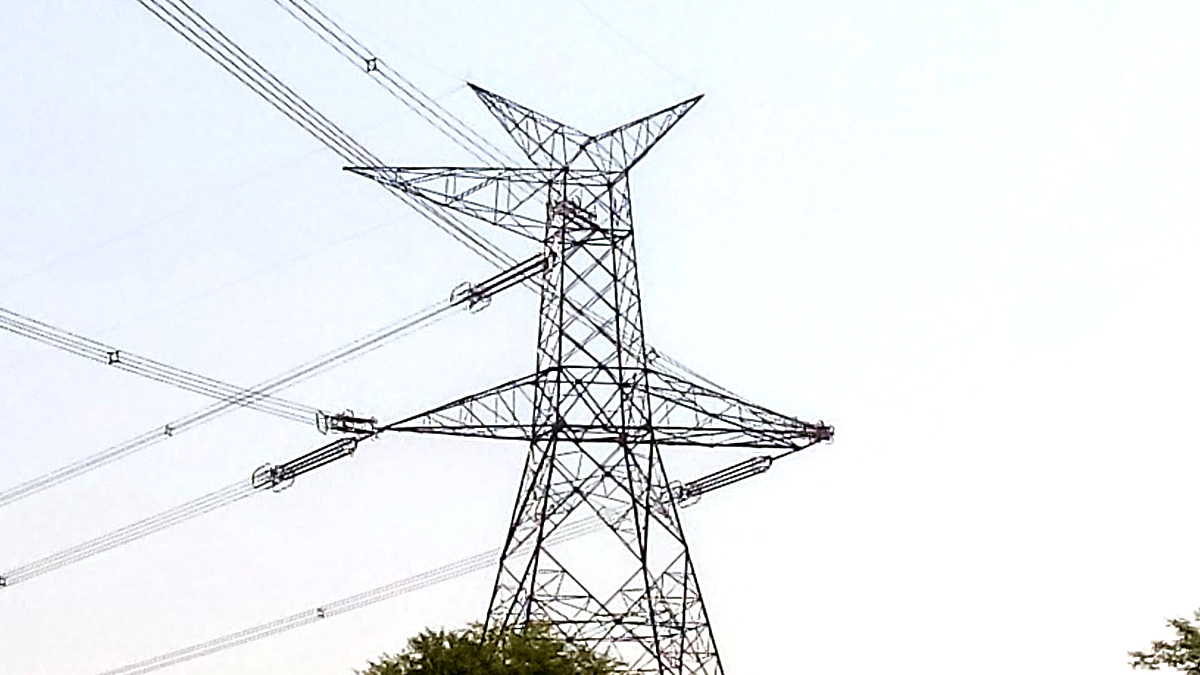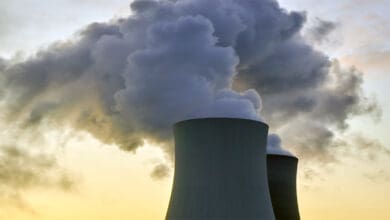China has invested billions in Pakistan’s power sector but all the deals made with Pakistan are tainted that contributed to the recent nationwide blackout, which is likely to return in future. Citing a report of the nine-member committee headed by Muhammad Ali, a former chairperson of the Security and Exchange Commission of Pakistan (SECP) of April 2020 FM Shakil, writing an opinion piece in Asia Times said the report made startling revelations about widespread malpractice in the power sector.
The report lifted the lid on the extent of Independent Power Producer (IPP) corruption, including among Chinese units installed under a government-to-government arrangement for China-Pakistan Economic Corridor (CPEC) related operation. The report traced 100 billion Pakistrupees (USD 625 million) in annual over-payment to the IPPs and discussed the magnitude of illegal profiteering of Chinese energy companies.
It was disclosed that Huaneng Shandong Ruyi Energy (HSR), which set up the 1,320 MW Sahiwal Coal Power Project in Punjab and the Port Qasim Electric Power Company Limited (PQEPCL), had inflated their set-up costs. Both companies were valued at USD 3.8 billion at the time of launching. The Committee found overpayments of 483.64 billion Pakistani rupees (USD 3 billion) to these companies during the last three years. The report revealed that most of the IPPs, including those set up under the CPEC arrangement, had defied the government policy and made 50 – 70% profits, as against the 15% maximum determined by the regulatory authority with dollar indexation.
China has earmarked USD 30 billion for Pakistan’s energy sector through CPEC funds. Several Chinese IPPs have been involved in the construction of as many as 27 power plants in Pakistan with a total installed capacity of 12,000 MW under the CPEC program. These include 14 coal-fired units, six wind power, six hydropower and one solar energy project that have either been operationalised or would start generation over the next few years.
Out of these power plants, 16 are in Sindh, four in Punjab, two in Balochistan, one in Khyber Pakhtunkhwa, two in Pakistan-occupied Kashmir (PoK), and two in Gilgit-Baltistan (PoK).
“Analysts, however, have questioned the viability of these energy projects, primarily because most of the Chinese investments focused on power generation and ignored the distribution of power, which is clearly in a shambles judging by the recent blackout,” expressed Shakil.
With an inadequate capacity and rundown transmission system, Pakistan has suffered large and frequent blackouts for decades. As per the analysts, Chinese-funded power projects, after completion, will mostly utilise existing rundown distribution infrastructure, which is currently making 25% annual losses. Moreover, transmission and distribution losses, overdue payments, and theft and pilferage of electricity also power up the debts that threaten to keep the lights out in Pakistan.













